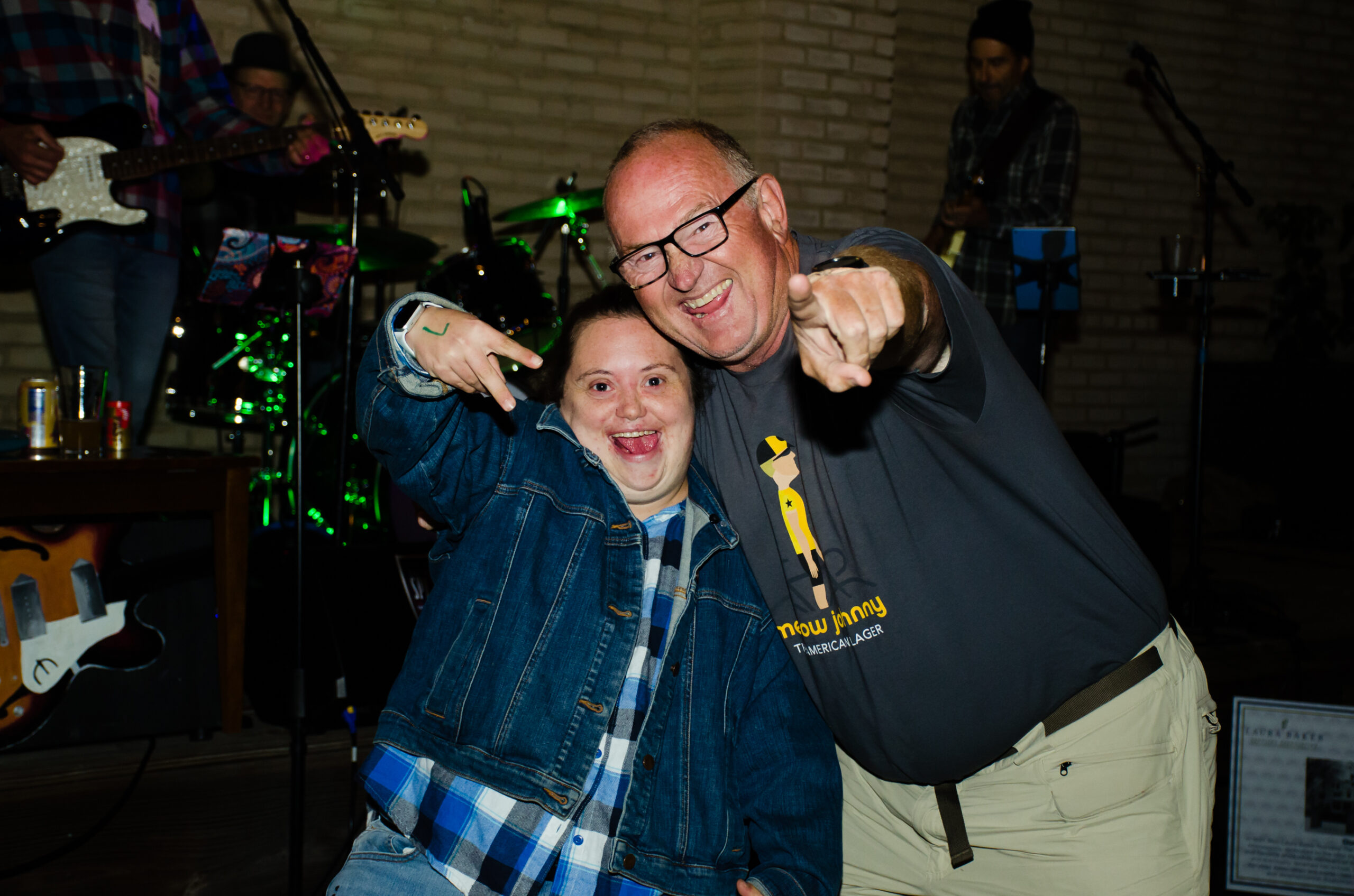Finding Hope
“Those of us who walk in the light grow weary. Our hope wanes. Fades. Darkness rages and threatens to drown us. We look around and wonder what happened. Where’d it go? Where’s the light?”
That quote is part of a book series by Charles Martin called The Record Keeper; the protagonist rescues people who have been kidnapped or sold into slavery. At the center of the stories is this incredibly rich theme of finding hope in the midst of great darkness and evil. The stories focus on people whose lives operate from a place of love and healing. In the final book, the teacher shares an amazing lesson about what it really means to love our neighbors, transcending anger and revenge, replacing them with a transcendent love that is both transformational and difficult to live out in our day-to-day lives.
Finding hope, finding the light,can seem more and more difficult in these crazy times. We’re polarized by our politics, our religion and our values. We have difficulty speaking respectfully with each other. Often, we seem to focus so closely on our needs and wants that we have difficulty creating space to consider another. And that’s the personal side of things.
When it comes to LBSA, finding hope is both critical and challenging. Our staffing challenges continue. Our funding issues continue. And so, we must practice recognizing the gifts that we have been given, the hands outstretched in support and the hearts knit to ours. When things are stressful (which they are), community support and families who tell their stories and the good they see remind us that the work we do is life-giving, and that the people we work with deserve to be moved from society’s margins to receive the support they need and deserve.
A person we support has had several challenges recently. This person doesn’t have a way to process challenging messages that they receive from their circle of support. On the one hand, family is telling them to engage in behaviors that are not very healthy. On the other hand, staff members are telling them to engage in healthier behaviors. On the outside, the person seems to be able to understand and process these requests. And when the competing interests collide, the person has no way to process the conflict.
If we, as service providers, don’t provide some understanding that the person is in conflict and provide some tools and a map for processing the conflict, the person has no way of processing the conflict except behaviors that are harmful. It’s hard to suspend judgment for the behaviors, stop for a moment to provide tools, when we’ve been acculturated to believe that people should know to not behave in that way. It takes extraordinary skills to step back, to view the person with a different lens, and to be a helper, a supporter, instead of a critic.
Finding hope can mean finding hope for our organization, and for each individual who is a part of LBSA. You can share your stories, you can tell others about our services, you can advocate for us with your legislators, you can give us your gifts of time and treasure. Everything that each of you does brings hope front and center for people with intellectual and developmental disabilities (IDD), for their caregivers and their support circles.
Thank you for shining light into what can feel like the dark night.
